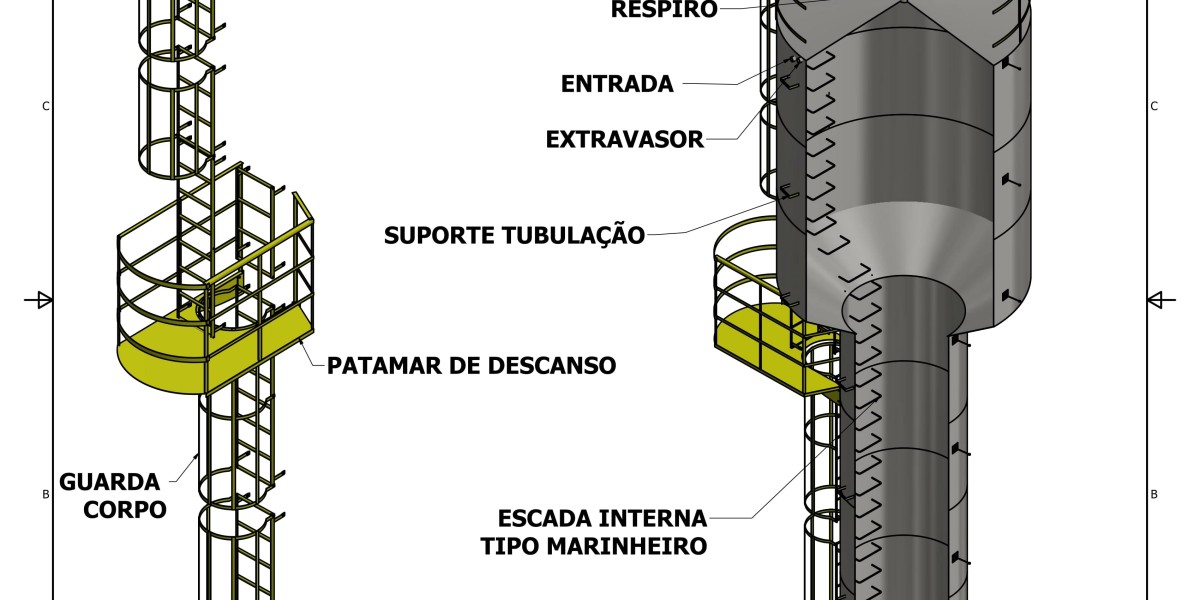Traditional medicine has been practiced for centuries by cultures all around the world. It encompasses a wide range of practices, such as herbal medicine, acupuncture, massage therapy, and spiritual healing. While traditional medicine is often passed down through generations and deeply rooted in cultural beliefs, its efficacy and safety have been a subject of debate among modern healthcare practitioners.
In this observational research article, we will analyze the practices, beliefs, and benefits of traditional medicine. We will also explore the challenges and opportunities faced by traditional healers in today's healthcare landscape.
Practices of Traditional Medicine
One of the key components of traditional medicine is herbal medicine, which involves the use of plant-based remedies to treat various ailments. In many cultures, plants are revered for their healing properties and are believed to have powerful medicinal effects. For example, in Traditional Chinese Medicine (TCM), herbs like ginseng, ginger, and astragalus are commonly used to boost immunity, improve digestion, and alleviate pain.
Another widely practiced form of traditional medicine is acupuncture, which originated in ancient China. Acupuncture involves the insertion of thin needles into specific points on the body to stimulate energy flow and promote healing. Studies have shown that acupuncture can be effective in treating chronic pain, migraines, and even mental health conditions like anxiety and depression.
Massage therapy is another common practice in traditional medicine, used to alleviate muscle tension, improve circulation, and promote relaxation. Therapeutic massage techniques vary widely across different cultures, with techniques like Swedish massage, Thai massage, and ayurvedic massage all offering unique benefits.
Beliefs in Traditional Medicine
In addition to the physical practices of traditional medicine, beliefs and spirituality play a crucial role in healing. Many traditional healing systems are based on the idea that the mind, body, and spirit are interconnected, and that illness is the result of an imbalance in these elements. Traditional healers often work to restore balance through rituals, prayer, and energy work.
For example, in African traditional medicine, healers believe that illness is caused by spiritual forces and can be treated through ceremonies, offerings, and divination. In traditional Ayurvedic medicine, practitioners focus on balancing the body's doshas, or energy centers, through diet, herbs, and lifestyle changes.
Benefits of Traditional Medicine
Despite the skepticism surrounding traditional medicine in modern healthcare circles, many people continue to rely on these practices for their healing needs. One of the key benefits of traditional medicine is its holistic approach to health, addressing not just physical symptoms but also emotional, mental, and spiritual well-being.
Additionally, traditional medicine often offers a more personalized and patient-centered approach to care. Traditional healers take the time to listen to their patients, understand their unique health challenges, and tailor Kratom alternatives treatment plans accordingly. This individualized approach can lead to more effective outcomes and a deeper sense of connection between healer and patient.
Challenges and Opportunities
While traditional medicine has much to offer in terms of healing and wellness, it also faces significant challenges in today's healthcare landscape. One of the main challenges is the lack of regulation and standardization in traditional healing practices. Without proper oversight, there is a risk of misinformation, unsafe practices, and exploitation of vulnerable patients.
Another challenge is the integration of traditional medicine into mainstream healthcare systems. Many traditional healers face discrimination and stigma from medical professionals, making it difficult for them to collaborate and share their knowledge. However, there are also opportunities for greater collaboration and mutual respect between traditional and modern healthcare practitioners, leading to more comprehensive and inclusive healthcare services.
Conclusion
 Traditional medicine is a rich and diverse field that has much to offer in terms of healing, wellness, and cultural heritage. By acknowledging and understanding the practices, beliefs, and benefits of traditional medicine, we can work towards a more holistic and inclusive approach to healthcare. With greater collaboration, respect, and dialogue between traditional and modern healing systems, we can create a more integrated and patient-centered healthcare system that honors the wisdom of all healing traditions.
Traditional medicine is a rich and diverse field that has much to offer in terms of healing, wellness, and cultural heritage. By acknowledging and understanding the practices, beliefs, and benefits of traditional medicine, we can work towards a more holistic and inclusive approach to healthcare. With greater collaboration, respect, and dialogue between traditional and modern healing systems, we can create a more integrated and patient-centered healthcare system that honors the wisdom of all healing traditions.





